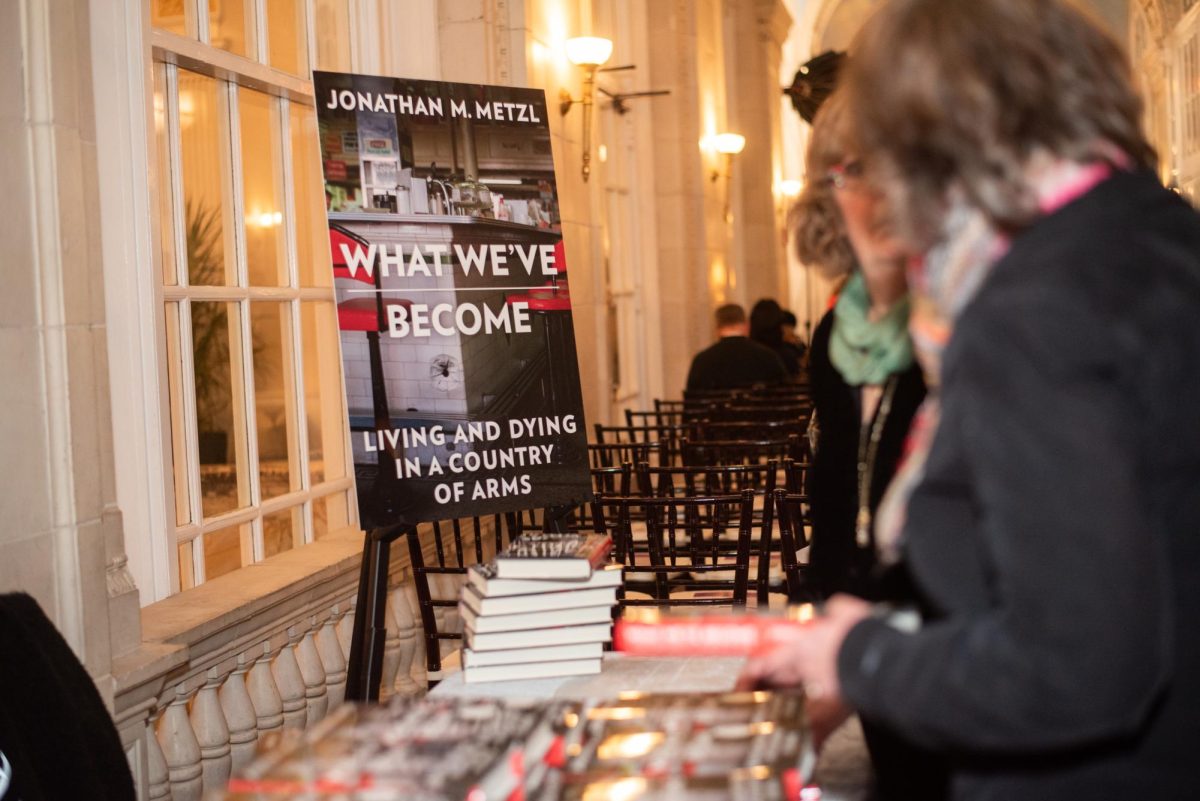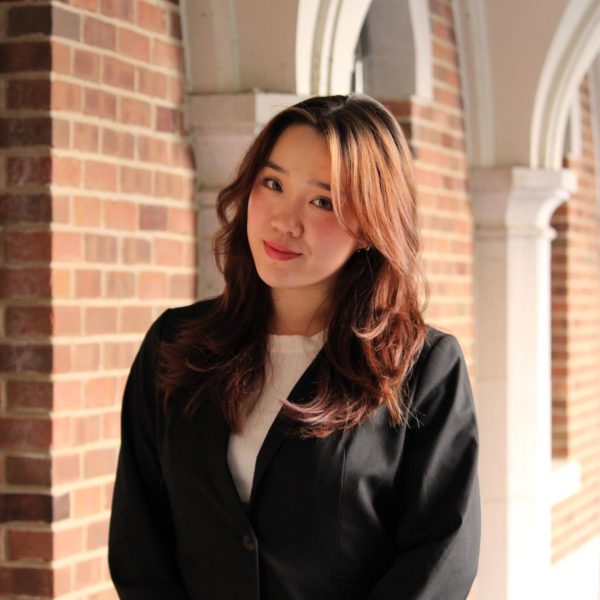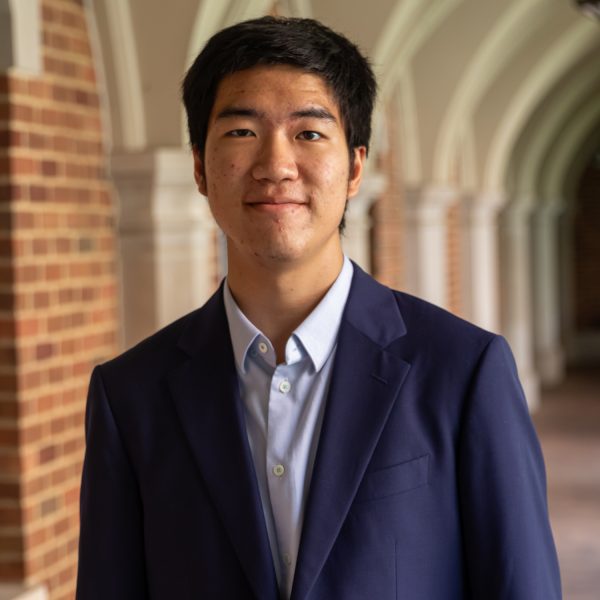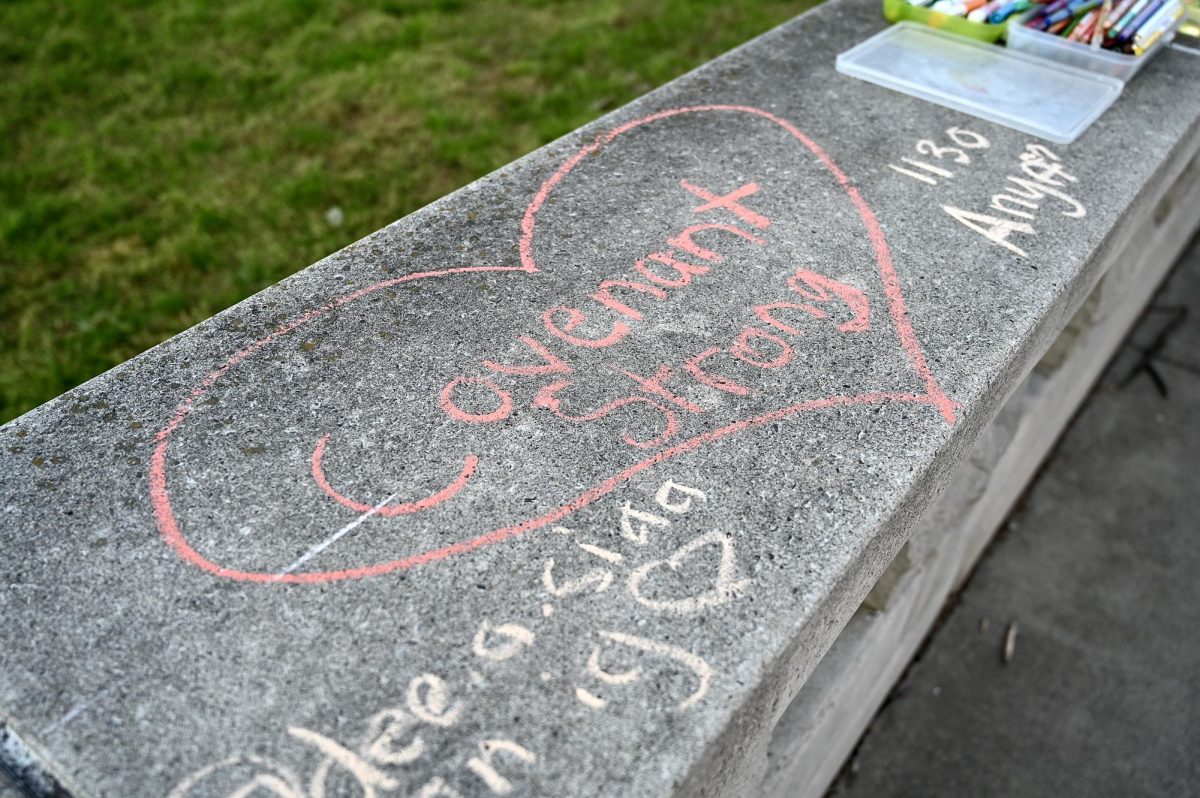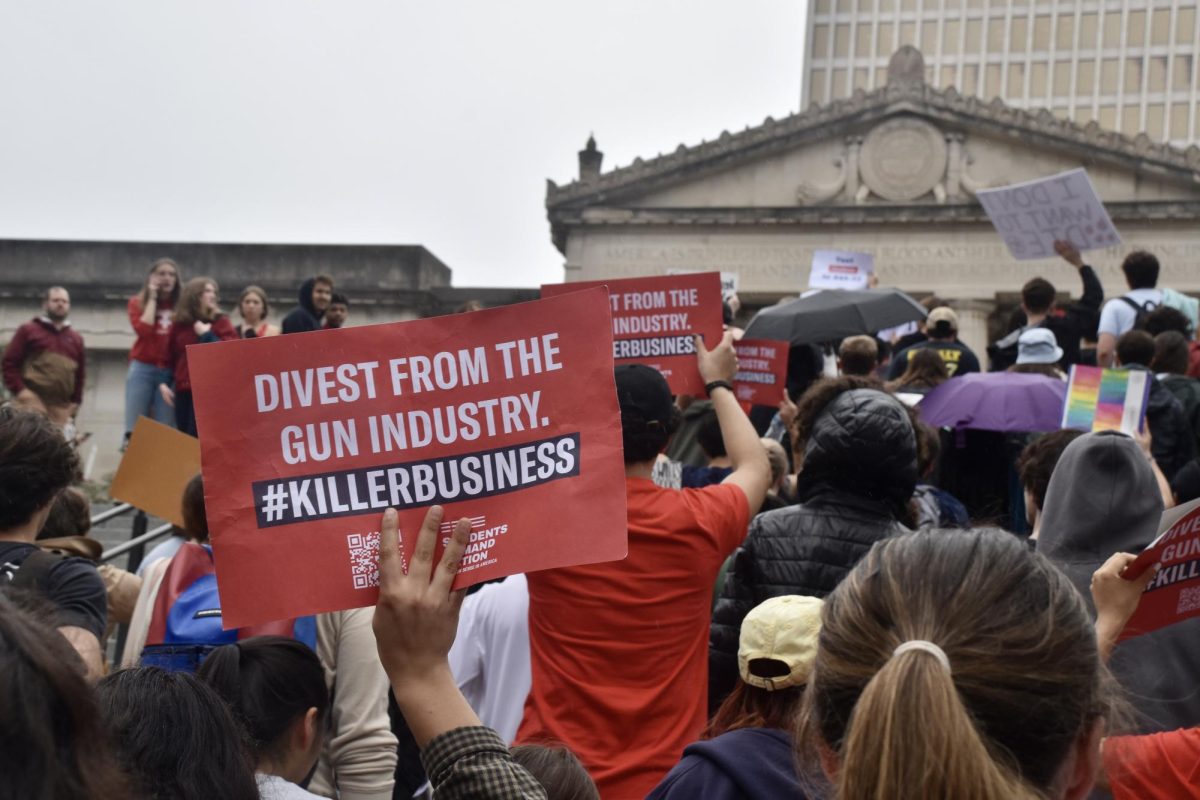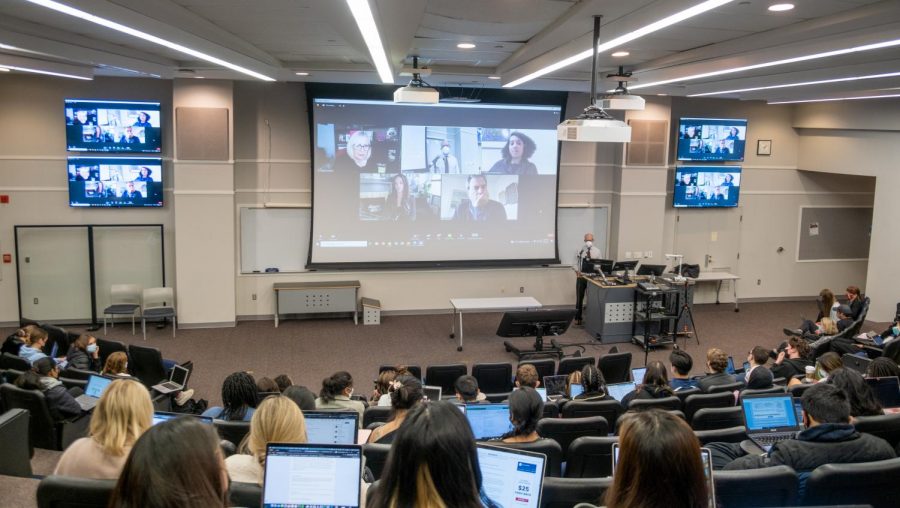Vanderbilt professor Jonathan Metzl released his latest book, titled “What We’ve Become: Living and Dying in a Country of Arms,” on Jan. 30. The book analyzes American gun politics and explores the mental health crisis and conflicts over race as potential motivations for gun violence.
Metzl, an expert on the intersection of gun violence, racial conflicts and public health, serves as the director of Vanderbilt’s Department of Medicine, Health and Society. He also teaches a special topics course called “Guns in America,” which explores the prevalence of guns in American culture, gun violence and mental health.
When Metzl first heard the news of the Waffle House shooting in 2018, he was in his apartment in Nashville and could “hear the sirens” in the aftermath of what he calls an “unconscionable tragedy.”
“When it became clear that the shooter was not only a white man who had killed young adults of color, but also someone who was naked and quite clearly mentally ill, it seemed like there was more to the story than just a straightforward shooting,” Metzl said.
As he began researching the Waffle House shooting, Metzl said he realized that — other than the racial identity of the white shooter and non-white victims — there were other notable racially charged aspects of the shooting that might not be as “obvious” to the public. He referred specifically to the failure of law enforcement to place tighter legal restrictions on the perpetrator despite his prior arrest for trespassing onto White House grounds and the seizure of his firearms in Illinois. Such factors drove Metzl’s exploration of the intersection of race and guns, culminating in “What We’ve Become,” his seventh publication.
“The reason that the [Waffle House] shooter kept his gun was because he was a white man, and public health didn’t really have an answer for the racial stories behind what it means to carry a gun,” Metzl said. “Guns tie into the history of race, of privilege and of geography.”
Metzl held a national book launch on Jan. 31 at the Hermitage Hotel and plans to embark on a book tour in 2024. Nashville Mayor Freddie O’Connell and Open Dialogue Visiting Fellow Melissa Harris-Perry were both in attendance. Junior Ishaan Chaubey, who took Metzl’s “Guns in America” course last fall, called the event “insightful.”
“The book provid[ed] a very valuable recollection of the Waffle House shooting and some strategies and approaches that we need to adopt in terms of finding ways to effectively communicate this issue of gun violence…rather than circling around endlessly,” Chaubey said.
Chaubey’s group project in Metzl’s class explored the cultural memory of mass shootings, including those at Nashville’s Waffle House and Covenant School; in Lewiston, Maine; and at Michigan State University. He said he believes that a “fear of expressing opinions” among college students has prevented college campuses from engaging in productive and open conversations about gun violence.
“This is something Dr. Metzl mentioned that’s really fueling this issue of gun violence as well,” Chaubey said. “I’ve gained greater insight from both the course and this book, and what I really like about the book is [that] Dr. Metzl also discusses some potential strategies to effectively tackle gun violence.”
In an interview with The Hustler, Metzl said the public health approach to gun violence is also limited by its failure to convince citizens of the need for substantial gun control reform, especially in Tennessee. As Metzl notes in his book, the Waffle House shooter was incentivized to come to Tennessee because the state’s gun laws are much looser than those of his home state, Illinois. In Tennessee, through what Metzl termed a series of indirect actions, the shooter was able to retrieve his personal firearms, despite his criminal history.
“It wasn’t just that we didn’t pass reforms, but we passed laws that made it easier for people like the mass shooter to get and carry guns,” Metzl said.
Metzl proposes a more systematic perspective on gun violence in “What We’ve Become,” which he argues is crucial in addressing the mental health crisis underlying the wave of mass shootings.
“The story we tell is that it’s a guy’s individual brain, and certainly a disordered brain is behind many mass shootings,” Metzl said. “But we really need to look at mental illness in a much more structural way and build all different kinds of support.”
Metzl also pointed out the necessity of collaboratively developing a new model for rebuilding communities that promotes a sense of safety and addresses the culture of polarization surrounding gun violence solutions.
“Mass shootings are symptoms of bigger structural problems in our society, so I spend a lot of time in the book trying to develop a new model for how we can rebuild communities, rebuild a sense of safety in ways that are collaborative for people,” Metzl said. “We need to invest much more in infrastructure to take a real community approach.”
Junior Sam Down, who also took “Guns in America” last fall, said he looks forward to reading Metzl’s book.
“[Metzl] brings so much knowledge and so much background experience into his classroom before every single session, and he’s very well thought out in the organization of his discussions in seeking to answer questions around gun culture in America,” Down said.
Metzl said he hopes that, through his book, students and the broader Vanderbilt community will understand how the United States arrived at this surge of violence and rethink solutions going forward. He also expressed gratitude for “fantastic” support from the Vanderbilt community.
“We had a launch event, and hundreds of people from the Nashville community showed up,” Metzl said. “I hope the book always sparks some reflection and conversation. Tennessee has a potential to be a place where things change.”

